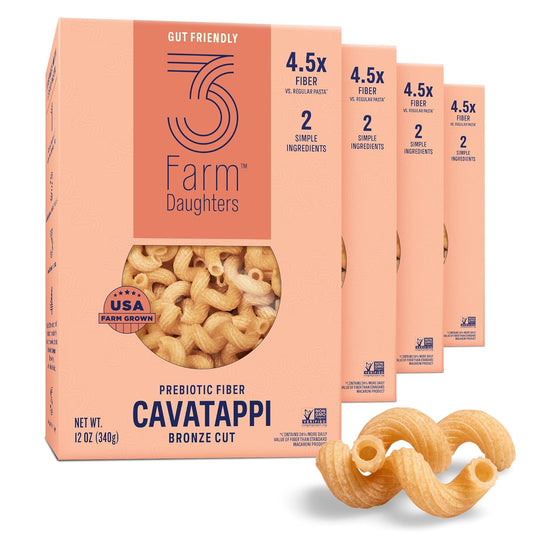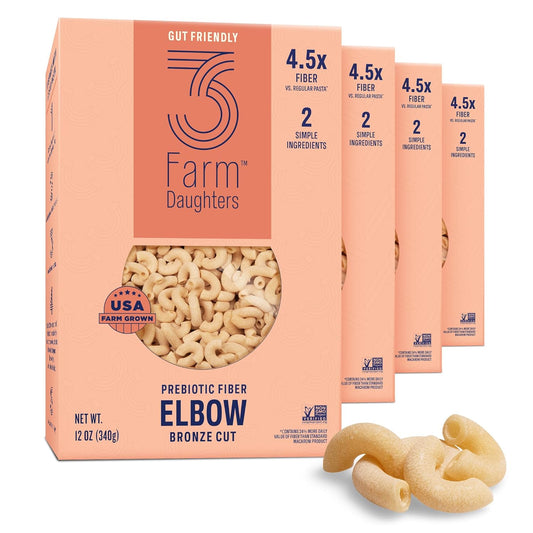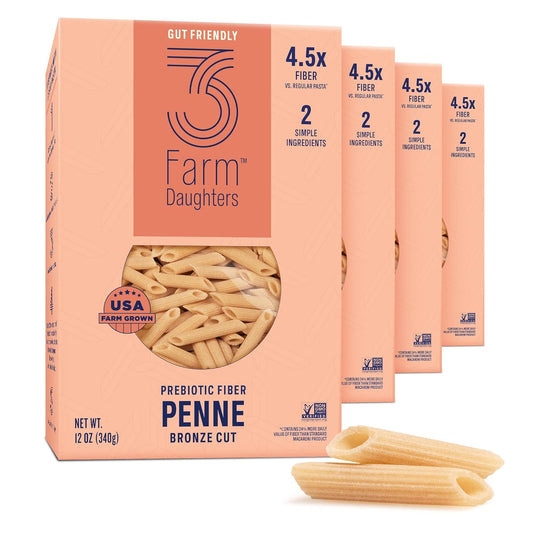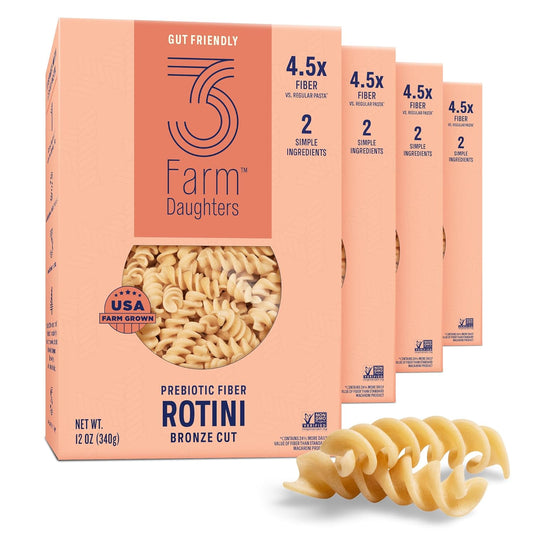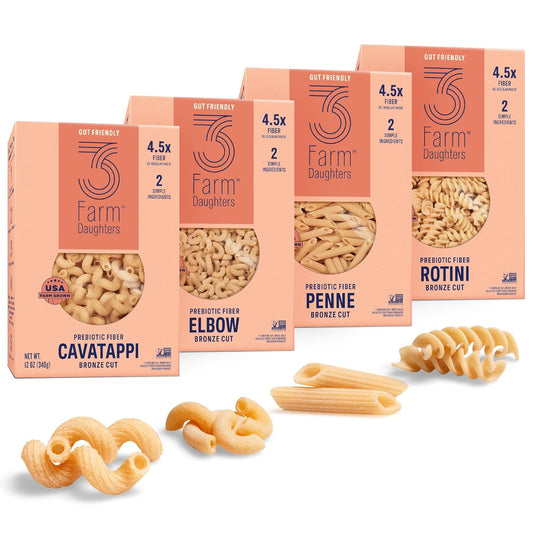Food is more than just fuel—it’s a direct connection to the land, to tradition, and to the people who make it all possible. But in today’s industrialized food system, that connection has been lost. Most people have no idea who grows their food, where it comes from, or what happens before it reaches their plate.
That’s a problem.
Traceability—the ability to track food from farm to table—is more than just transparency. It’s about food safety, quality, nutrition, sustainability, and trust. It’s about making sure farmers get the credit and fair compensation they deserve while giving consumers confidence in the food they’re buying.
That’s why at Our Farms, we believe that knowing your farmer changes everything.
The Importance of Traceability
In the modern food supply chain, products often pass through multiple intermediaries before reaching consumers. This complexity can obscure the origins of food items, leading to several concerns:
-
Food Safety Risks: Without clear traceability, identifying the source of contamination during foodborne illness outbreaks becomes challenging. For instance, a study analyzing 3,500 food-poisoning outbreaks between 1990 and 2003 found that contaminated produce was responsible for the greatest number of individual foodborne illnesses. en.wikipedia.org
-
Loss of Nutritional Value: Extended storage and transportation times can degrade the nutritional content of food. Knowing the source allows consumers to choose fresher, more nutritious options.
-
Environmental Impact: Long supply chains often involve significant transportation, contributing to greenhouse gas emissions. A study highlighted that precision irrigation of a citrus orchard could reduce water use by 25% while maintaining yield, demonstrating the environmental benefits of sustainable practices. en.wikipedia.org
-
Economic Inequities for Farmers: Complex supply chains can result in farmers receiving a smaller share of the profits, threatening the sustainability of small and medium-sized farms.
Consumer Demand for Transparency
Today's consumers are increasingly interested in the origins of their food. They seek assurance that their purchases are safe, ethical, and environmentally friendly. This growing demand has led to initiatives like the Produce Traceability Initiative, which aims to enhance traceability throughout the entire produce supply chain. en.wikipedia.org
Challenges in Implementing Traceability
Despite its importance, achieving comprehensive traceability faces several obstacles:
-
Fragmented Systems: The involvement of multiple intermediaries can obscure the origin and handling of food products.
-
Technological Barriers: Implementing effective traceability systems requires technological infrastructure that may be lacking, especially in developing regions.
-
Regulatory Compliance: Navigating varying regulations across regions can be complex for producers and distributors. For example, the European Union's proposed deforestation law requires companies to trace supply chains to ensure products do not contribute to deforestation, posing challenges for compliance. wsj.com+1reuters.com+1
The Role of Direct Relationships
Establishing direct connections between farmers and consumers can mitigate many traceability challenges:
-
Enhanced Transparency: Consumers gain firsthand knowledge of farming practices, ensuring confidence in food safety and quality.
-
Support for Local Economies: Purchasing directly from farmers ensures that a larger portion of the food dollar goes to producers, strengthening local economies.
-
Sustainable Practices: Direct relationships encourage environmentally friendly farming methods, as consumers often prefer products grown with sustainable practices.
Reconnecting Farmers and Consumers Through Transparency
For generations, people knew where their food came from. They had relationships with the farmers who grew their produce, raised their livestock, and milled their grain. That connection wasn’t just about food—it was about trust, community, and a shared understanding of the work that goes into every meal.
Bringing that connection back isn’t about nostalgia; it’s about creating a better way forward. When we know who grows our food, we make choices that support quality, fairness, and sustainability. Farmers gain the recognition and compensation they deserve, and consumers gain confidence in what they bring to their tables.
By making it easier to buy directly from farmers, we can rebuild the trust that was lost in an industrialized food system. It’s a shift that benefits everyone—because good food starts with good relationships.
Know your farmer. Trust your food. Shop with Our Farms.


